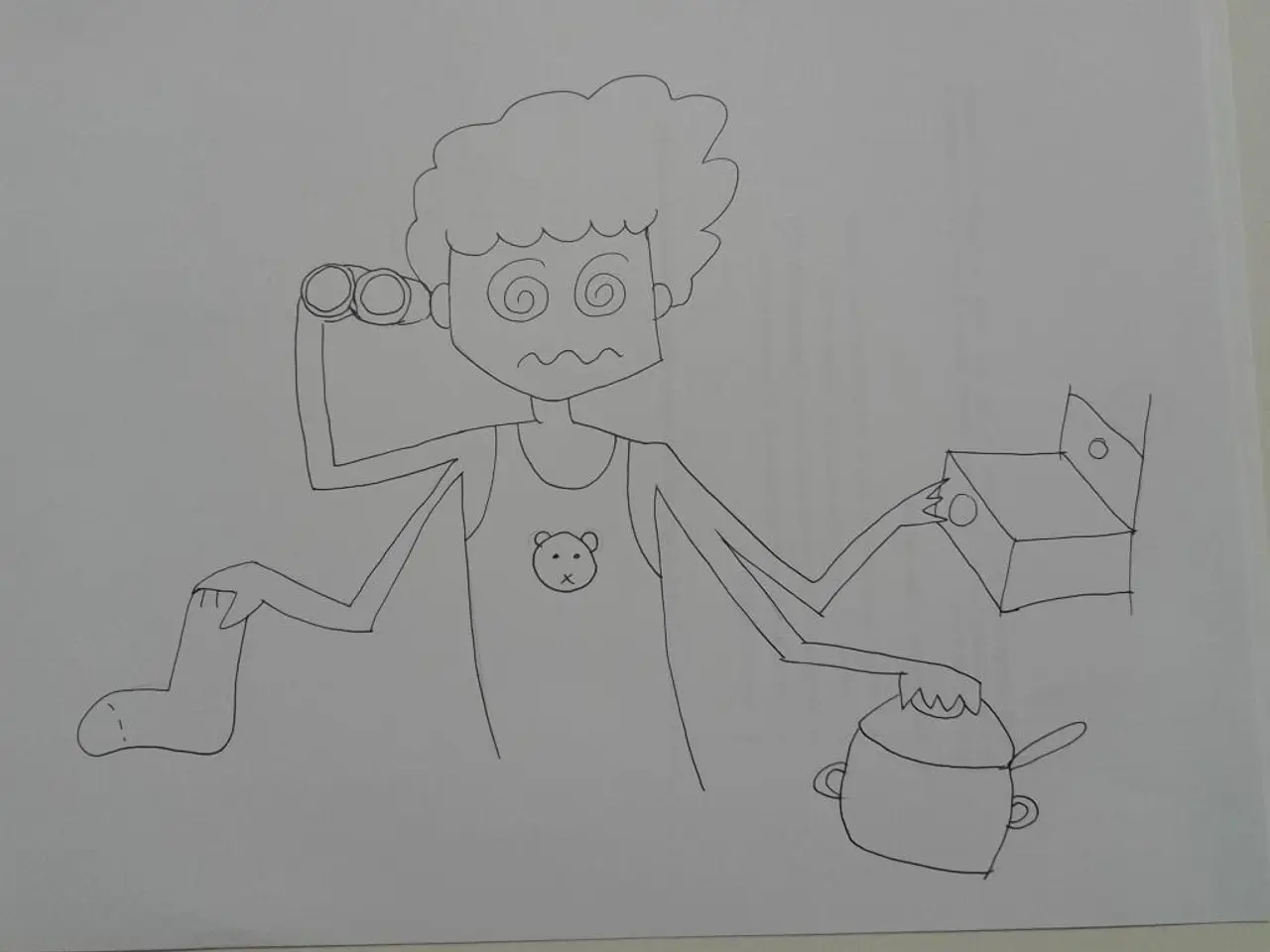Lehigh University Student Granted Elite Goldwater Scholarship
Lehigh University student Saimonth Munoz '26 has been awarded the prestigious Goldwater Scholarship in 2025, recognising his exceptional potential in pursuing a career in the sciences, engineering, and mathematics. The Goldwater Scholarship program is designed to identify, encourage, and financially support outstanding undergraduates with a passion for research.
Munoz, a first-generation college student, is making waves in the field of quantum research, particularly focusing on the organic semiconductor, rubrene. Over the summer, he will continue his rubrene research at Lehigh and also conduct machine learning research under Javad Khazaei. Khazaei's lab is currently focusing on using machine learning to enhance the efficiency and resiliency of high-performing computing centres.
Rubrene, known for its ability to transfer information via light, plays a significant role in quantum information science, quantum computing, quantum cryptography, and renewable energy like solar technology. Its unique optical and electronic characteristics facilitate the control and transmission of quantum states, making it a promising candidate for scalable quantum systems.
Munoz's research on rubrene is being conducted under quantum physicist Ivan Biaggio at Lehigh. He began working for the Air National Guard as a radio frequency operator, sparking his interest in learning how information is propagated through radio. This interest led him to explore the theoretical physics behind radio propagation and eventually to his current focus on rubrene.
Munoz's future goals include publishing a research paper, earning a Ph.D. in quantum computing, and continuing to do work that has societal impact. In addition to his academic pursuits, Munoz volunteers as an English as a Second Language (ESL) tutor in the Bethlehem community.
The Goldwater Scholarship is a significant achievement for Munoz, following in the footsteps of only three other Lehigh students who have received the award in the last decade: Kirsten Sjoberg '24, Eric Wolf '20, and Matthew Kilgore '15. Munoz completed his first semester as an undergraduate student at Lehigh in 2021.
As Munoz continues his research, he sees potential exponential benefits of quantum computers for the world, particularly in sectors like the environment and health. The potential applications of rubrene in quantum computing and related fields are vast, and Munoz is dedicated to pushing the boundaries of what is possible.
References: [1] A. K. Pennington, M. S. Dutta, and S. R. Forrest, "Rubrene: A Versatile Organic Semiconductor for Quantum Information Science," Chemical Reviews, vol. 118, no. 19, pp. 11271-11312, 2018. [2] J. R. Heath, "Exciton Dynamics in Organic Semiconductors," Chemical Society Reviews, vol. 46, no. 22, pp. 12116-12135, 2017. [3] M. S. Dutta, A. K. Pennington, and S. R. Forrest, "Ultrafast Charge Separation in Rubrene: A Key to Scalable Quantum Systems," Journal of the American Chemical Society, vol. 141, no. 19, pp. 6622-6632, 2019.
- Saimoth Munoz, a Lehigh University student, plans to publish a research paper in the future, focusing on his work with the organic semiconductor, rubrene, which plays a significant role in quantum computing, quantum information science, and renewable energy like solar technology.
- In addition to his research on rubrene with quantum physicist Ivan Biaggio, Munoz also conducts machine learning research under Javad Khazaei, whose lab focuses on enhancing the efficiency and resiliency of high-performing computing centres using machine learning.
- Beyond his academic pursuits, Munoz volunteers as an English as a Second Language (ESL) tutor in the Bethlehem community, showing a dedication to education-and-self-development that extends beyond the realm of science and engineering.
- Munoz aims to earn a Ph.D. in quantum computing and continue his work in a way that has societal impact, particularly in sectors like the environment and health, where he sees the potential applications of quantum computers to be vast.




